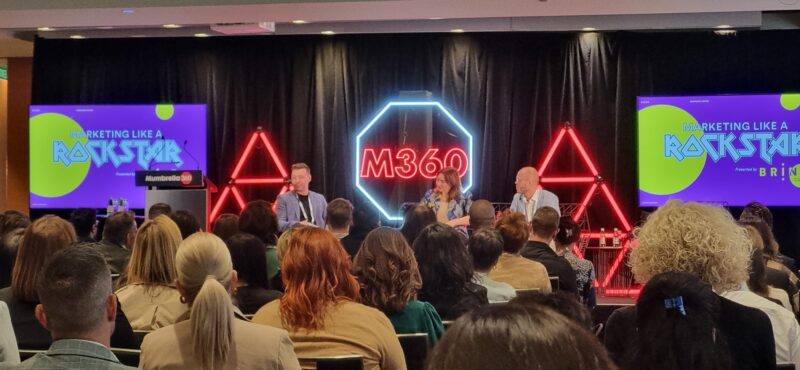Mumbrella360: Selling out no longer exists for musicians
Ella Hooper burst to national fame when still a teenager with her band Killing Heidi. Even at that tender age, she was keenly aware of how important it was to control perception.
“I wouldn’t have used the word ‘brand’ at the time, but I knew it was important”, Hooper told attendees at Mumbrella360, during a session titled ‘Marketing like a rock star’.


